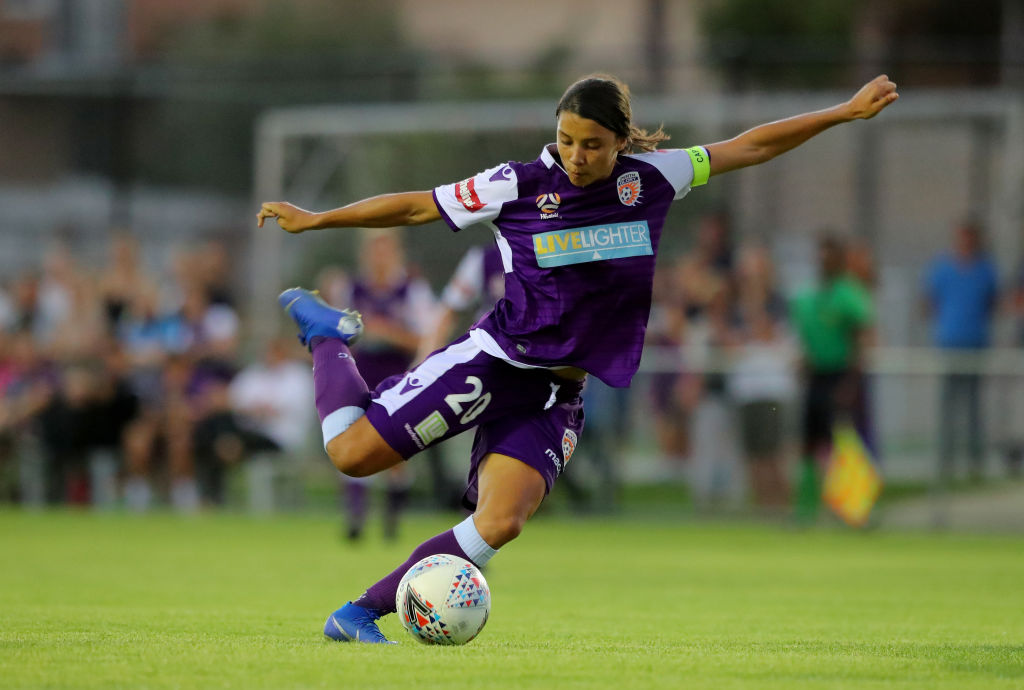It was Peter Allen, the head of the company that runs Westfield in Australia, who put the shopping centre group’s partnership with women’s football into perspective.
“Sam Kerr was 14 years old when we started,” said Allen, the CEO of Sentre Group, looking back to the point in 2008 when Westfield took a leap of faith and secured the naming rights to the new W-League, as well as the Matildas.
That longevity can be seen in the fact that two generations of Matildas who have played in the W-League are in the squad that is representing Australia at the Tokyo Olympics.
Thirteen years on from that first naming-rights agreement, and with the W-League moving into a new era as part of the independence of the Australian Professional Leagues, the landscape is unrecognisable from that initial kick off.
At the point where Westfield is scaling back its relationship with the W-League, as well as the Matildas, it’s clear how much their support has underpinned that transformation, and how many female footballers have benefitted.
Just look at the current Olympic squad. At 36 Aivi Luik had already played four years as a semi-pro in the US before returning to Australia to play in the W-League’s second season. By contrast, Mary Fowler wasn’t even six when what was Australia’s first national women’s sporting competition kicked off in November 2008.
More than 700 footballers have played in the W-League since its inception, and 512 of those are Australian. Over 13 seasons it has grown to nine teams playing across five states. As a crucible of talent it has been extraordinary, and clearly has fulfilled the ambitions of Westfield when it inked that first sponsorship agreement.

“It is one way of us giving back something to the community in a way which encourages a healthy, active and positive lifestyle,” said Westfield’s then managing director – a certain Steven Lowy, who of course went on to chair Football Federation Australia.
“Girls will now have more resources, better competitions, more media attention and a clear and organised pathway to the top for our elite women players.”
The status of players like Kerr, Caitlin Foord and Steph Catley on the world stage confirms how successful that pathway has become.
“Westfield’s commitment to women’s football has been extraordinary and groundbreaking, something they can be hugely proud of,” said Danny Townsend, APL managing director. “We will see the legacy of that support for years to come, even while the W-League in particular, and APL in general, sets off on a new era.
“They will always be friends of football, and be welcome guests in the future. We have exciting plans for the W-League that we want to share soon, to build on the foundations laid over the past 13 years.”





